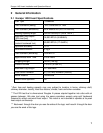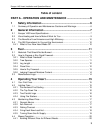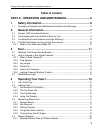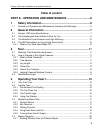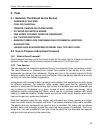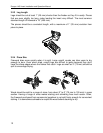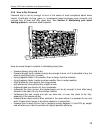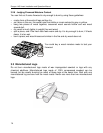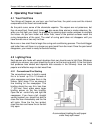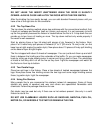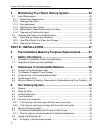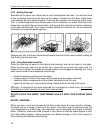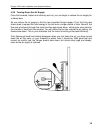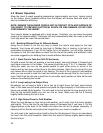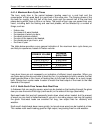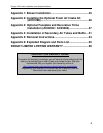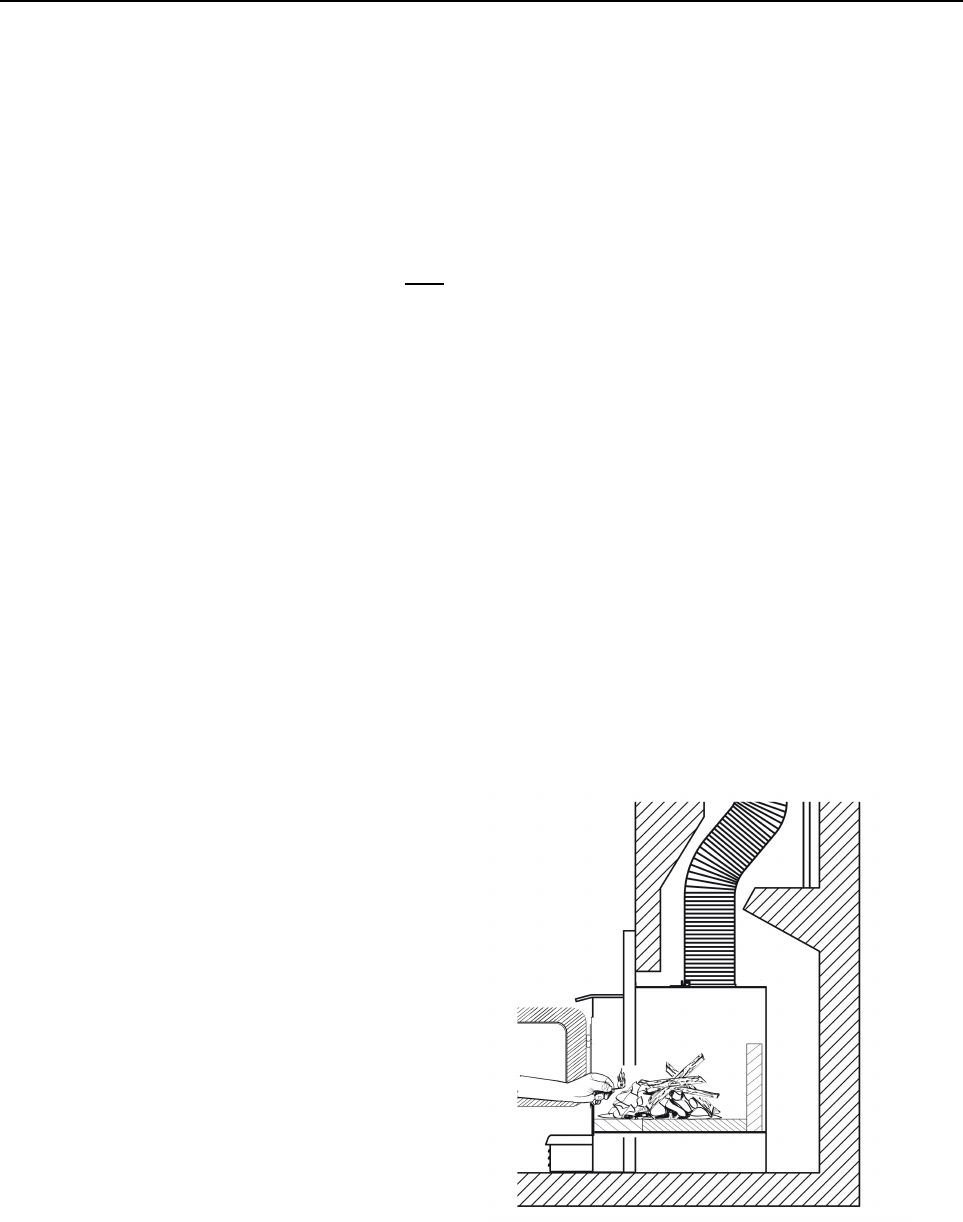
Escape 1400 Insert Installation and Operation Manual
15
4 Operating Your Insert
4.1 Your First Fires
Two things will happen as you burn your first few fires; the paint cures and the internal
components of the insert are conditioned.
As the paint cures, some of the chemicals vaporize. The vapors are not poisonous, but
they do smell bad. Fresh paint fumes can also cause false alarms in smoke detectors. So,
when you first light your insert, be prepared by opening doors and/or windows to ventilate
the house. As you burn hotter and hotter fires, more of the painted surfaces reach the
curing temperature of the paint. The smell of curing paint does not disappear until you
have burned one or two very hot fires.
Burn one or two small fires to begin the curing and conditioning process. Then build bigger
and hotter fires until there is no longer any paint smell from the insert. Once the paint smell
disappears, your insert is ready for serious heating.
4.2 Lighting Fires
Each person who heats with wood develops their own favorite way to light fires. Whatever
method you choose, your goal should be to get a hot fire burning quickly. A fire that starts
fast produces less smoke and deposits less creosote in the chimney. Here are three
popular and effective ways to start wood fires.
4.2.1 Conventional Fire Starting
The conventional way to build a wood
fire is to bunch up 5 to 10 sheets of
plain newspaper and place them in the
firebox. Next, place 10 or so pieces of
fine kindling on the newspaper. This
kindling should be very thin; less than
1” (25 mm). Next, place some larger
kindling pieces on the fine kindling.
Open the air control fully and light the
newspaper. If you have a tall, straight
venting system you should be able to
close the door immediately and the fire
will ignite. Once the fire has ignited,
close the door and leave the air control
fully open.
A conventional kindling fire with paper
under finely split wood.



